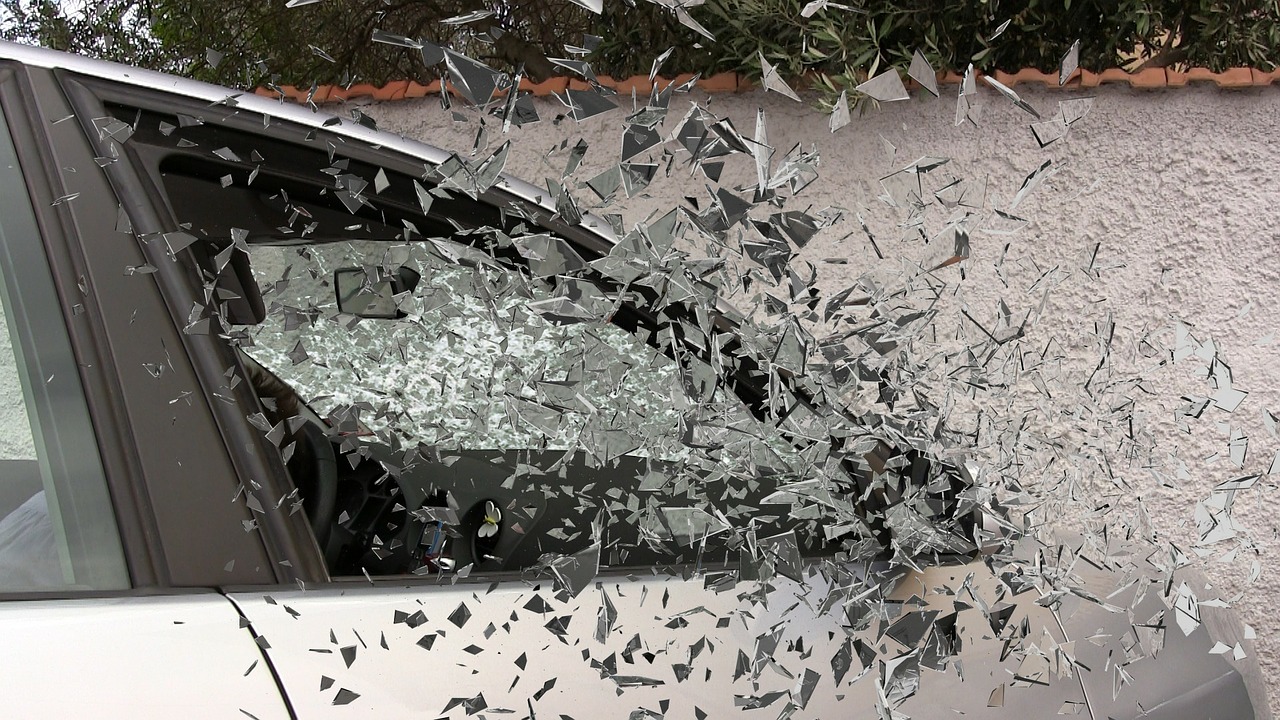Wiener & Lambka present: What medical conditions can support an application for a handicap parking placard. –
Today’s topic focuses on what medical conditions can support an application for a handicap parking placard. Many people in Washington may not know a lot, or at all, about what medical conditions can support an application for a handicap parking placard. That’s why we feel it’s imperative to define it for our readers.
From the Washington State Department of Licensing Website
Who determines if you qualify
A licensed physician, physician assistant, or registered nurse practitioner must determine if you qualify for disabled parking privileges.
Types of conditions that qualify
You may receive disabled parking privileges if you have a disability that meets at least 1 of the following criteria:
- You can’t walk 200 feet without stopping to rest.
- Your ability to walk is severely limited due to an arthritic, neurological, or orthopedic condition.
- You’re so severely disabled that you can’t walk without the use of or assistance from a brace, cane, another person, prosthetic device, wheelchair, or other assistive device.
- You use portable oxygen.
- You’re restricted by lung disease to such an extent that forced expiratory respiratory volume when measured by spirometry is less than 1 liter/second or the arterial oxygen tension is less than 60 mm/hg on room air at rest.
- You’re impaired by cardiovascular disease or cardiac condition to the extent that your functional limitations are classified as Class III or IV under standards accepted by the American Heart Association.
- You have a disability resulting from an acute sensitivity to automobile emissions which limits or impairs your ability to walk. Your physician, physician assistant, or advanced registered nurse practitioner must document that the disability is comparable in severity to the others listed above.
- You’re legally blind and have limited mobility.
- You have acute sensitivity to light associated with a form of porphyria that would significantly benefit from a decrease in exposure to light. Porphyria refers to a group of inheritable metabolic disorders in which exposure to light can result in burning, blistering, swelling, and scarring of the skin.
How to apply and renew
To learn how to get or renew the type of disabled parking privileges you need, choose an option below:
Permanent (for individuals with a permanent disability)
Temporary (for individuals with a temporary disability)
Organizational (for organizations that transport individuals with disabilities)
Additional Information
In this video blog, James Lambka discusses the topic of what medical conditions can support an application for a handicap parking placard.



0 Comments